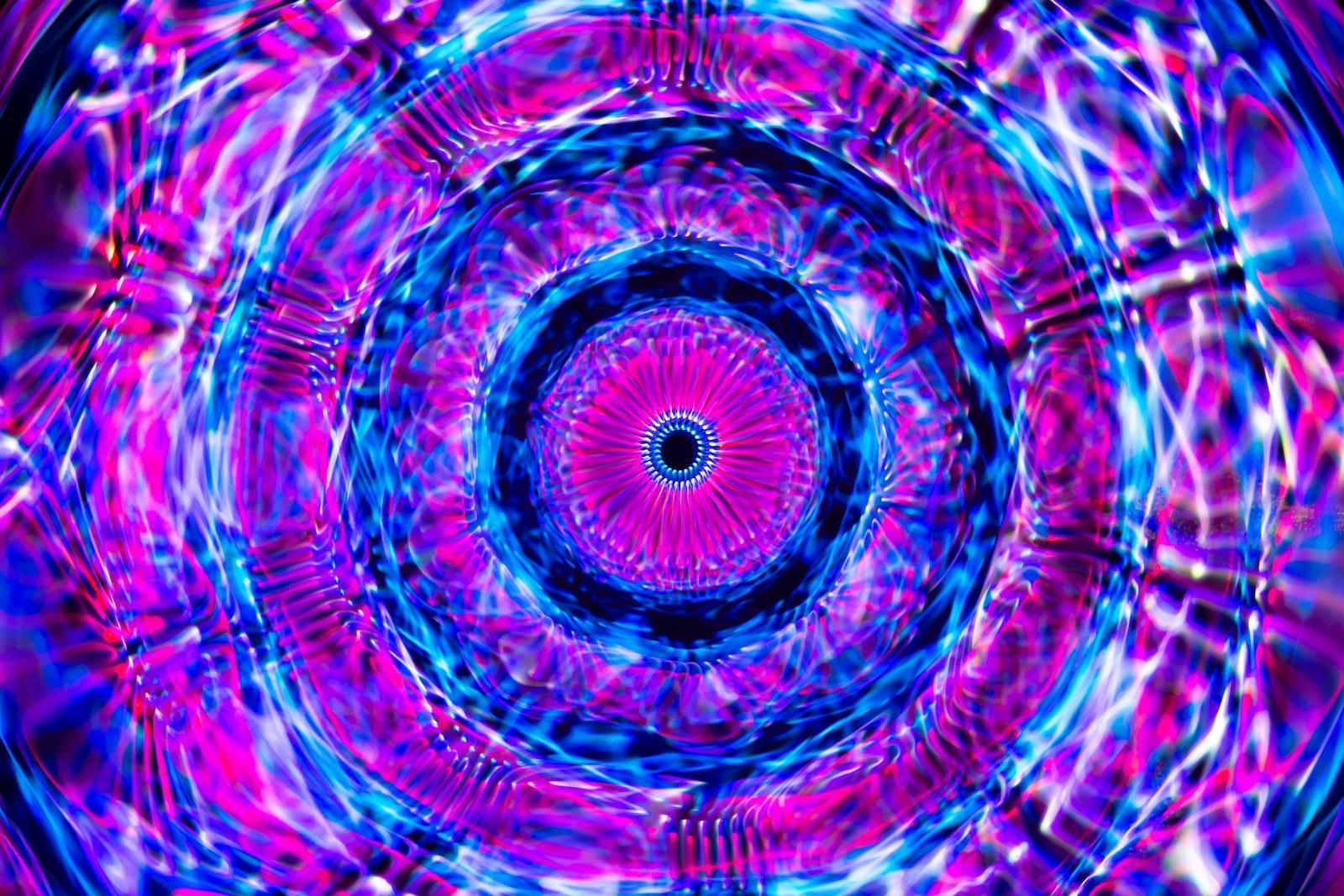Psychedelics: The Next Panacea?
Psychedelics are the latest in a long line of treatments that are being touted as game-changing solutions for mental illness. While I don’t deny that psychedelics have an appropriate use case, I would strongly argue that we need to be careful in their utilization and not exaggerate their treatment potential. It’s important that we avoid the trap of assuming that they can suddenly and miraculously solve all of our difficult cases and that other modalities are no longer necessary or important.
A recent article in the New York Times highlights how psychedelics can be transformative. A mother and daughter, Catherine and India Oxenberg, were struggling with years of trauma due to the daughter getting trapped in the notorious NXIVM cult that branded women and forced them into sexual slavery.
Ketamine allowed for a breakthrough, helping India release years of self-loathing and shame. The mother and daughter have gone on to create ketamine retreats for cult survivors and other trauma victims in search of recovery.
And while psychedelics open up areas of the brain for potential healing, this opening can also allow for retraumatization or victimization in the wrong hands. Stories of misguided treatment and abuse are also surfacing among patients seeking treatment through psychedelic therapies. The true story of a psychedelic therapist-in-training who died of injuries after a bad ayahuasca experience in Hawaii is a poignant reminder of the need for appropriate safeguards for protecting individuals during and after psychedelic experiences (Behr 2023).
A recent review noted that harms from psychedelic therapy are “poorly defined, not systematically assessed and likely underreported (McNamee 2023).” Potential harms of psychedelic therapy could include increased suicidality, paradoxical drug reactions and abuse by therapists.
It is also worth remembering that while psychedelics may help some patients with entrenched mental health conditions, they do not solve other fundamental problems that often contribute to mental-emotional symptoms. Psychedelics cannot address the need for active folate due to single nucleotide polymorphisms of the MTHFR gene. They won’t improve a patient’s vitamin B12 status, omega-3 levels or iron deficiency. While there is early evidence that psychedelics affect the microbiome (Anas 2022), it’s unlikely that they will clear an overgrowth of clostridia and the concomitant dysregulation of neurotransmitters.
For better or for worse, the human body is a complex web of interconnected systems. Viewed through this lens, we can often uncover many of the underlying factors that contribute to poor mental health.
While psychedelics hold promise as a new form of treatment in appropriate use cases, we need to make sure that we don’t throw out everything else we know about functional medicine and functional psychiatry. Integrating psychedelics for mental health with our current skills and tools makes it possible to better assist patients on their path of recovery and healing.
Ready to learn more about treating mental illness with psychedelics and functional psychiatry? Check out our popular Fellowship program!
References
Anas NA. The Effects of E. coli Derived Psilocybin on the Gut Microbiome. Dissertation. Miami University; 2022.
Behr TR. The Hidden Harms Within the Psychedelic Renaissance. Mad in America. July 7, 2023. Accessed July 12, 2023. https://www.madinamerica.com/2023/07/hidden-harms-psychedelic-renaissance/
McNamee S, Devenot N, Buisson M. Studying Harms Is Key to Improving Psychedelic-Assisted Therapy-Participants Call for Changes to Research Landscape. JAMA Psychiatry. 2023;80(5):411-412. doi:10.1001/jamapsychiatry.2023.0099


